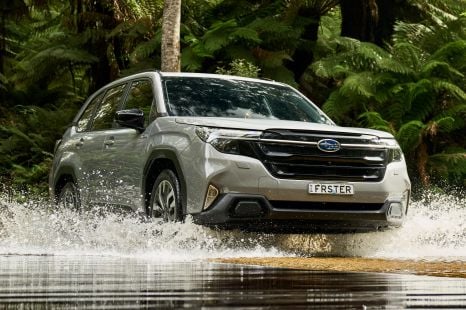

Max Davies
3 Days Ago

Contributor
Hyundai has laid out its plan for the future, as the company aims for carbon neutrality by 2045.
It has committed to reducing its 2019 carbon emission levels by 75 per cent by 2040, with the target of zero carbon emissions by 2045.
By 2030, Hyundai aims for 30 per cent of its global vehicle sales to be from zero-emission vehicles. By 2040, it wants zero-emissions vehicles to account for 80 per cent of total sales.
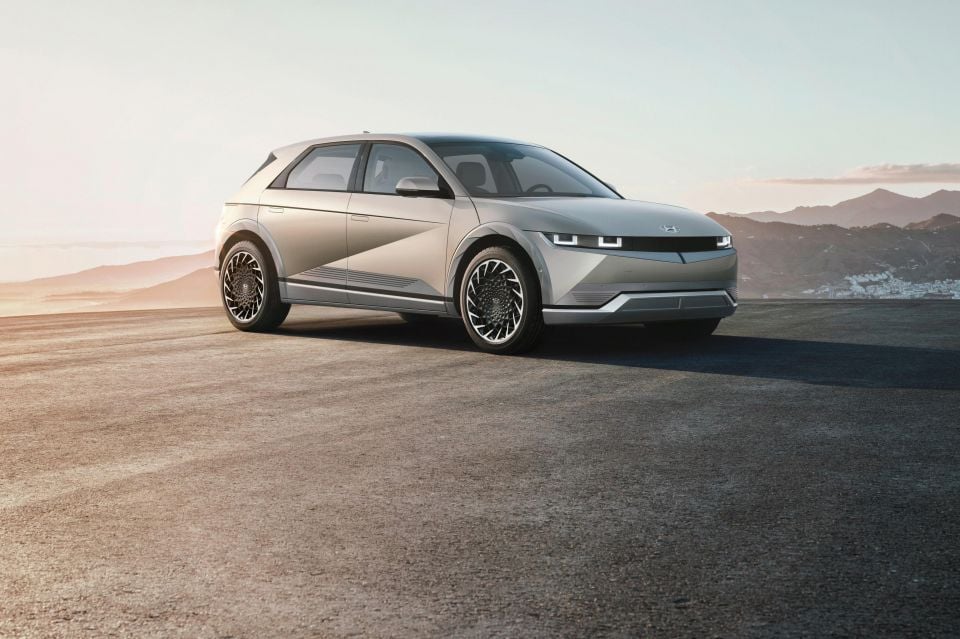
The strategy that Hyundai is using to reach carbon neutrality is built upon three pillars according to the company’s press release.
These three pillars are expanding its clean mobility lineup, developing next-generation platforms and investing in green energy.
With a fairly extensive portfolio of battery electric vehicles (BEV) already, Hyundai is aiming to expand its BEV lineup further.
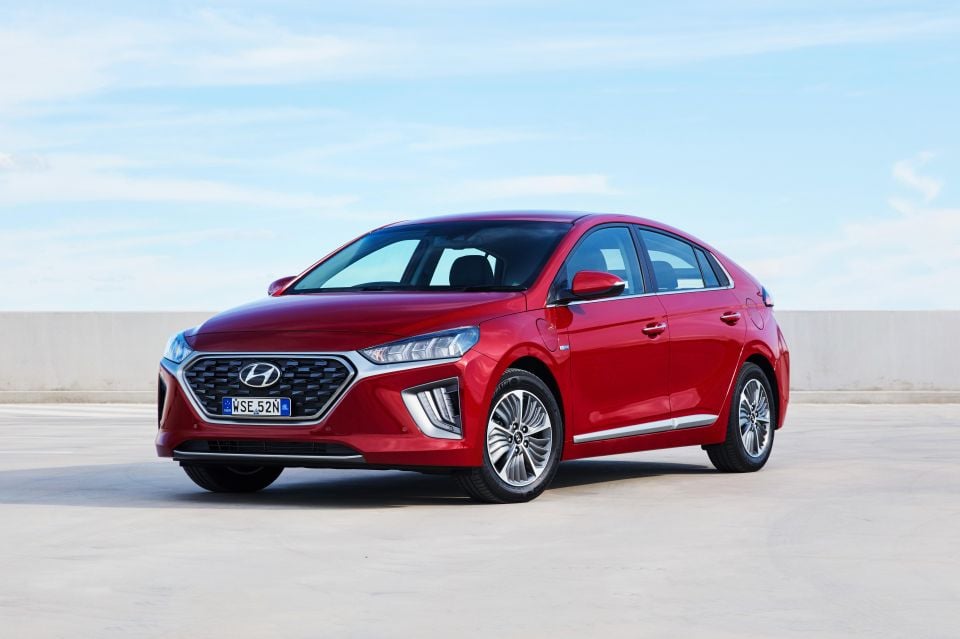
The company developed its first electric concept in 1991, which was a second-gen Hyundai Sonata with an electric powertrain slapped in it.
Hyundai’s current BEV lineup consists of the Ioniq Hybrid, Plug-in Hybrid and Electric, as well as the Kona Electric.
The Ioniq 5 will be joining the range here in Australia by the third quarter of 2021.
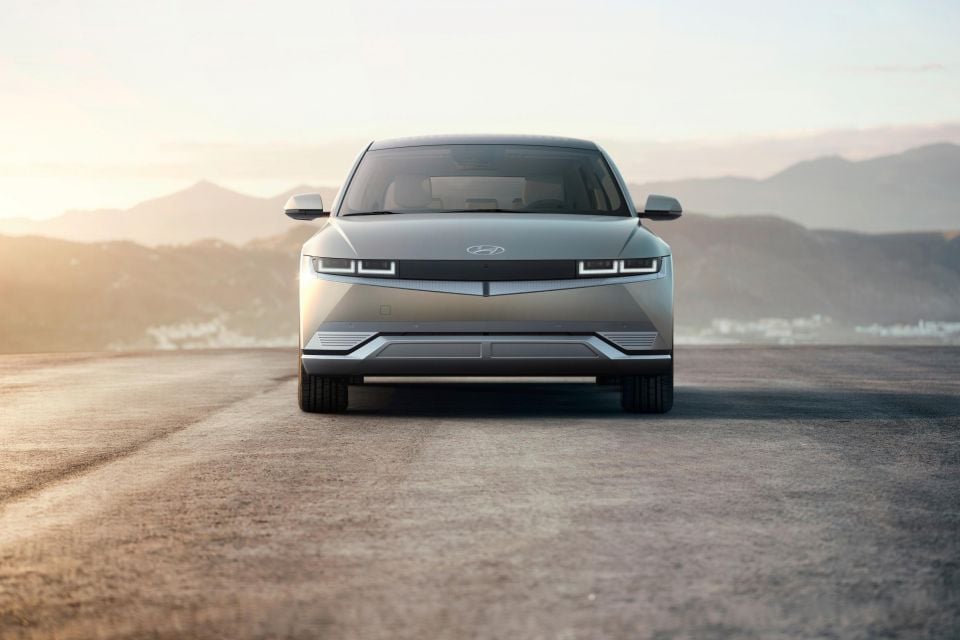
Hyundai has also made a commitment to hydrogen fuel-cell electric vehicles (FCEV).
According to the company, it has been invested in hydrogen fuel-cell technology for more than 20 years.
It first debuted its first mass-produced FCEV in 2013, in the form of the ix35.
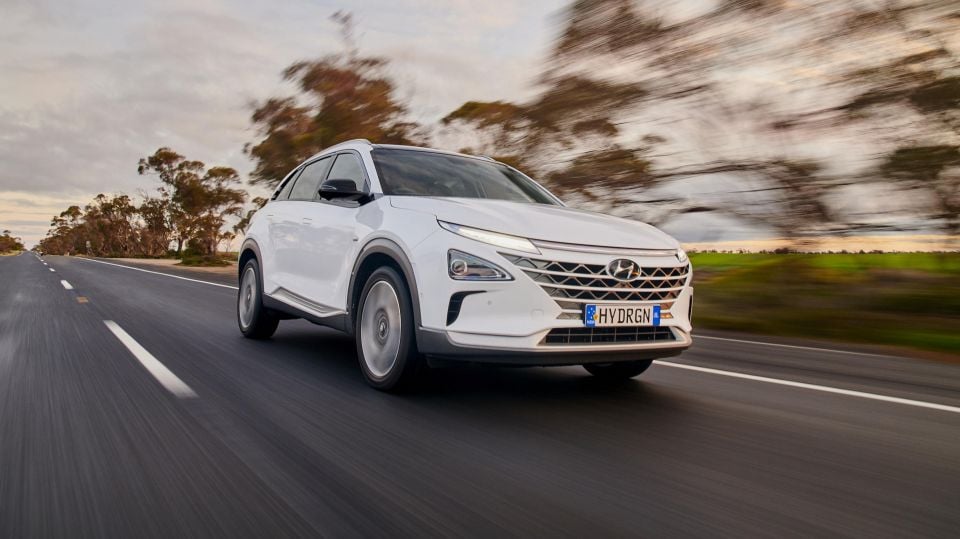
Since then, Hyundai released its first dedicated hydrogen-only Nexo in 2018.
The Nexo made its way to Australian shores in 2020, where a fleet of 20 are being used by various ACT Government departments.
Future hydrogen-powered models that Hyundai has in the pipelines are the next-generation Nexo and a multi-purpose vehicle (MPV) to be announced in 2023, and a large SUV to be announced after 2025.
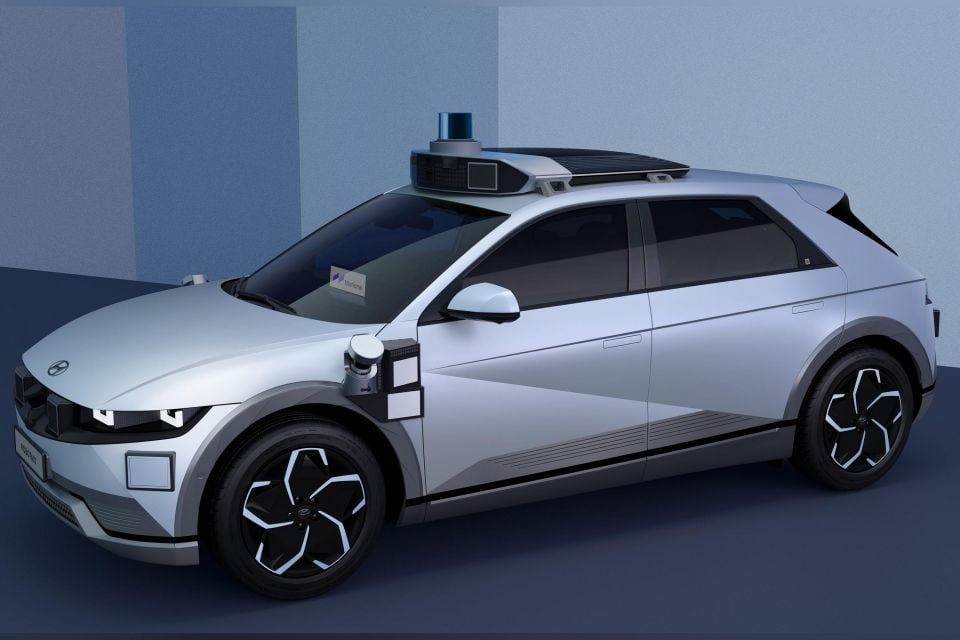
In regards to next-generation platforms, Hyundai has already unveiled its Ioniq 5 robotaxi at the Munich motor show.
Possible through the joint venture between the Lyft and Motional companies, they are using Hyundai’s platform as a base.
Hyundai claims that it will be able to provide a SAE level 4 autonomous vehicle and fully driverless service in the US by 2023.
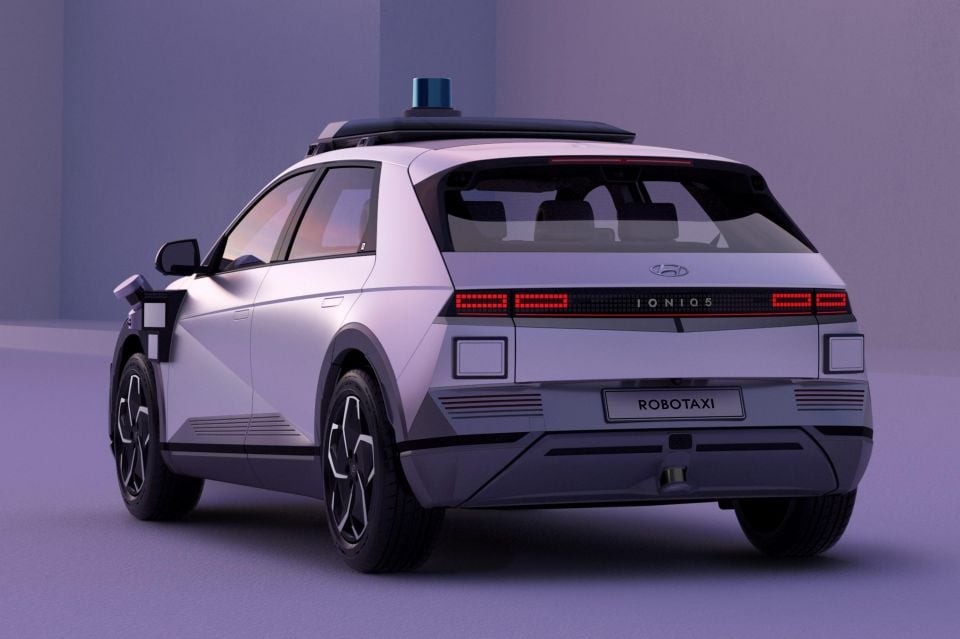
Hyundai and Uber are developing an all-electric platform built for robo-taxi air travel off the back of the S-A1 concept unveiled at CES 2020.
Hyundai plans to launch a regional air mobility program that connects adjacent cities by 2030.
Hyundai is planning to invest in green hydrogen startups in order to establish infrastructure in countries with strong government support and abundant renewable energy sources.
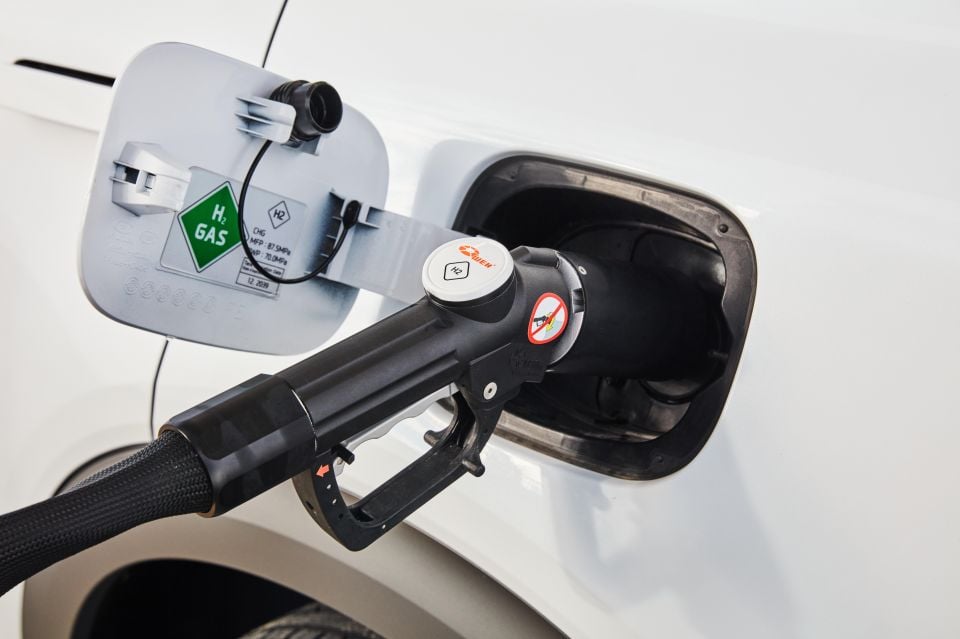
Green hydrogen is obtained from electrolysis of water generated by low-carbon power sources and is expected to significantly reduce carbon emissions according to the company.
There are already plans in motion to convert Hyundai’s Czech manufacturing plant to renewable energy in 2022.
Hyundai is piloting several vehicle-to-grid (V2G) programs that aim to lessen the reliance on fossil fuels.
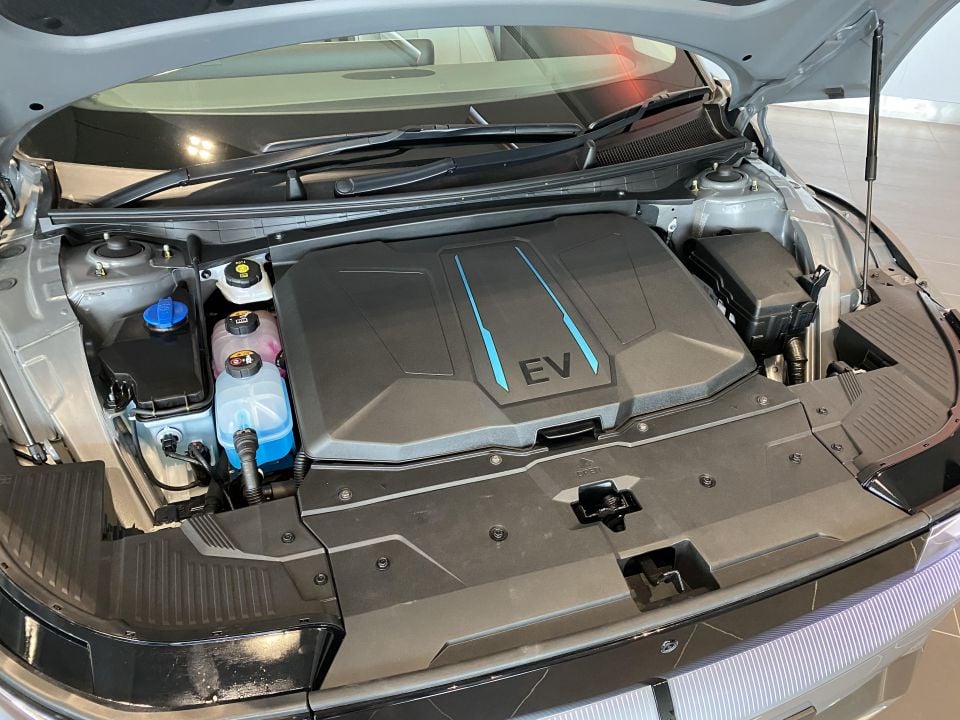
The company is planning to pilot a second-life battery program that aims to recover and reuse end-of-life electric vehicle (EV) batteries.
This is scheduled to commence in 2022 in Germany.
Hyundai Motor Group’s luxury subsidiary, Genesis, recently announced a similar carbon neutral pledge by 2035.
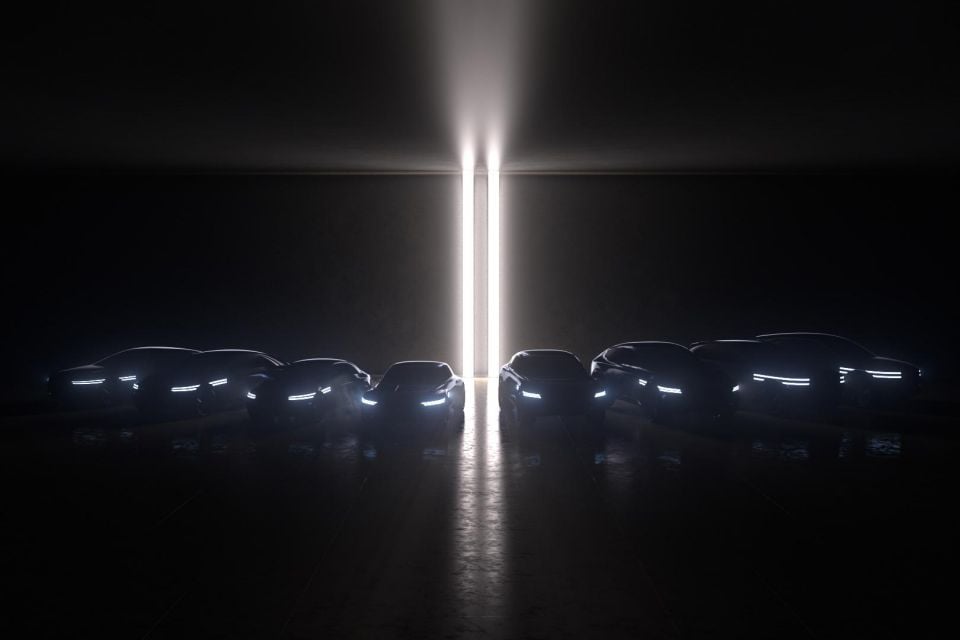
Genesis will only be offering electric and hydrogen fuel-cell vehicles by 2030.
Few manufacturers have pledged to introduce hydrogen-powered vehicles, with Audi and Mercedes-Benz already ruling out hydrogen power for their cars and SUVs.
Hydrogen vehicles offerings by other manufacturers on the horizon include, the hydrogen-combustion Toyota Corolla, the recently-announced BMW iX5 prototype, and the Land Rover hydrogen-fuelled Defender prototype.
Take advantage of Australia's BIGGEST new car website to find a great deal on a Hyundai.
Jack Quick is an automotive journalist based in Melbourne. Jack studied journalism and photography at Deakin University in Burwood, and previously represented the university in dance nationally. In his spare time, he loves to pump Charli XCX and play a bit of Grand Theft Auto. He’s also the proud owner of a blue, manual 2020 Suzuki Jimny.


Max Davies
3 Days Ago
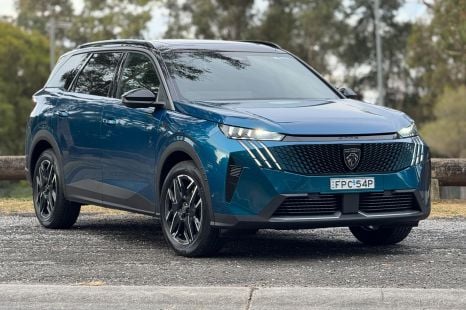

Matt Campbell
3 Days Ago
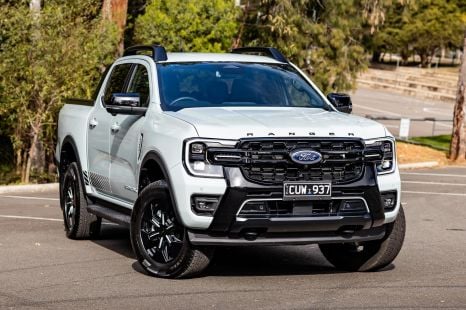

Matt Campbell
2 Days Ago
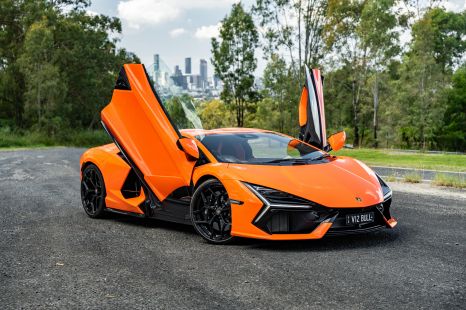

Alborz Fallah
1 Day Ago
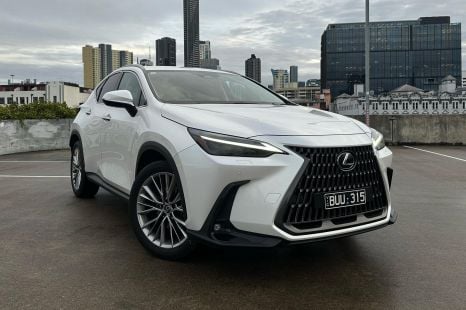

William Stopford
21 Hours Ago
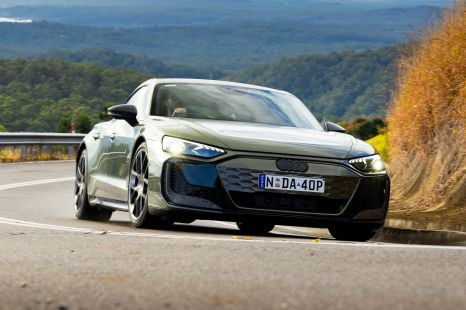

James Wong
12 Hours Ago